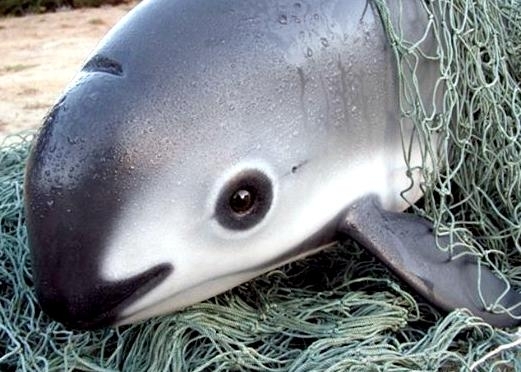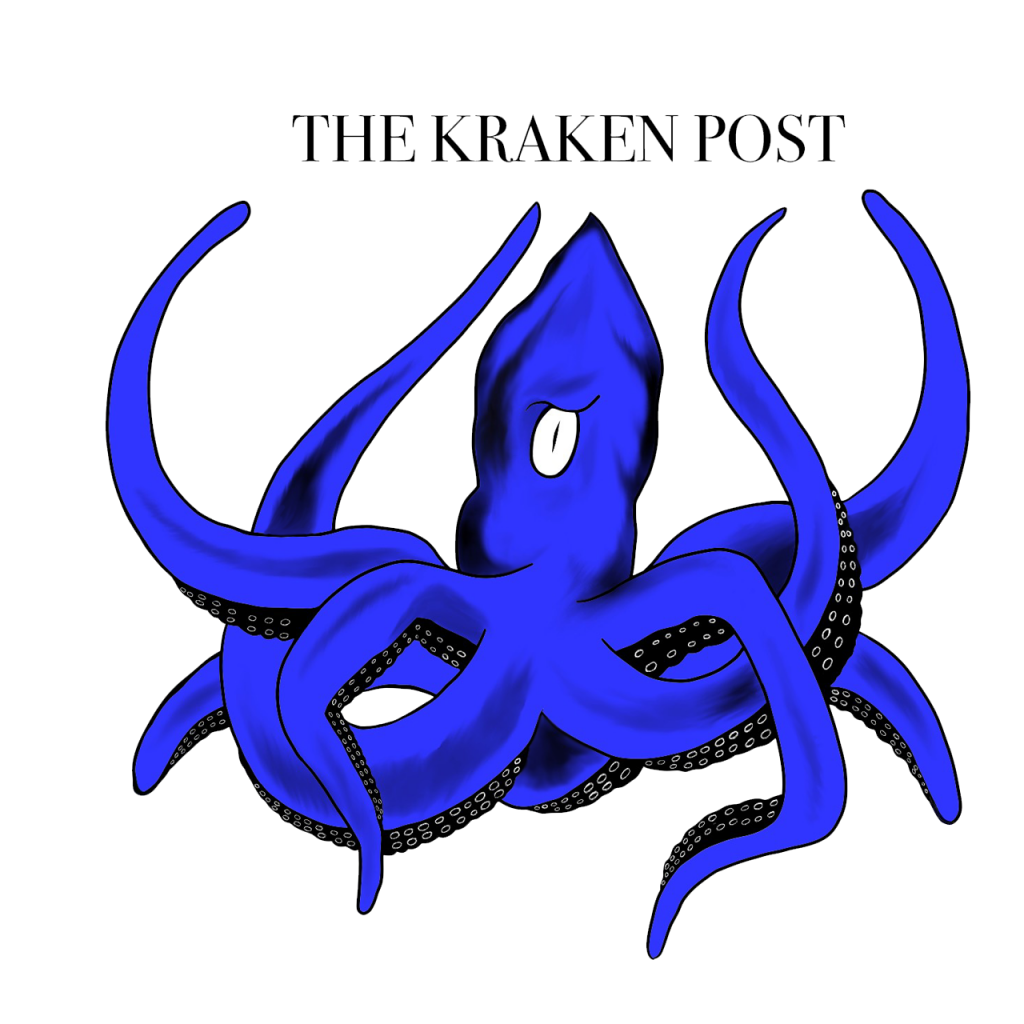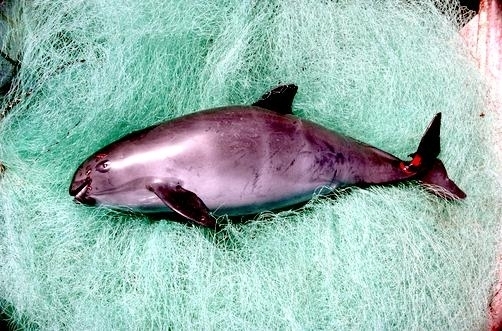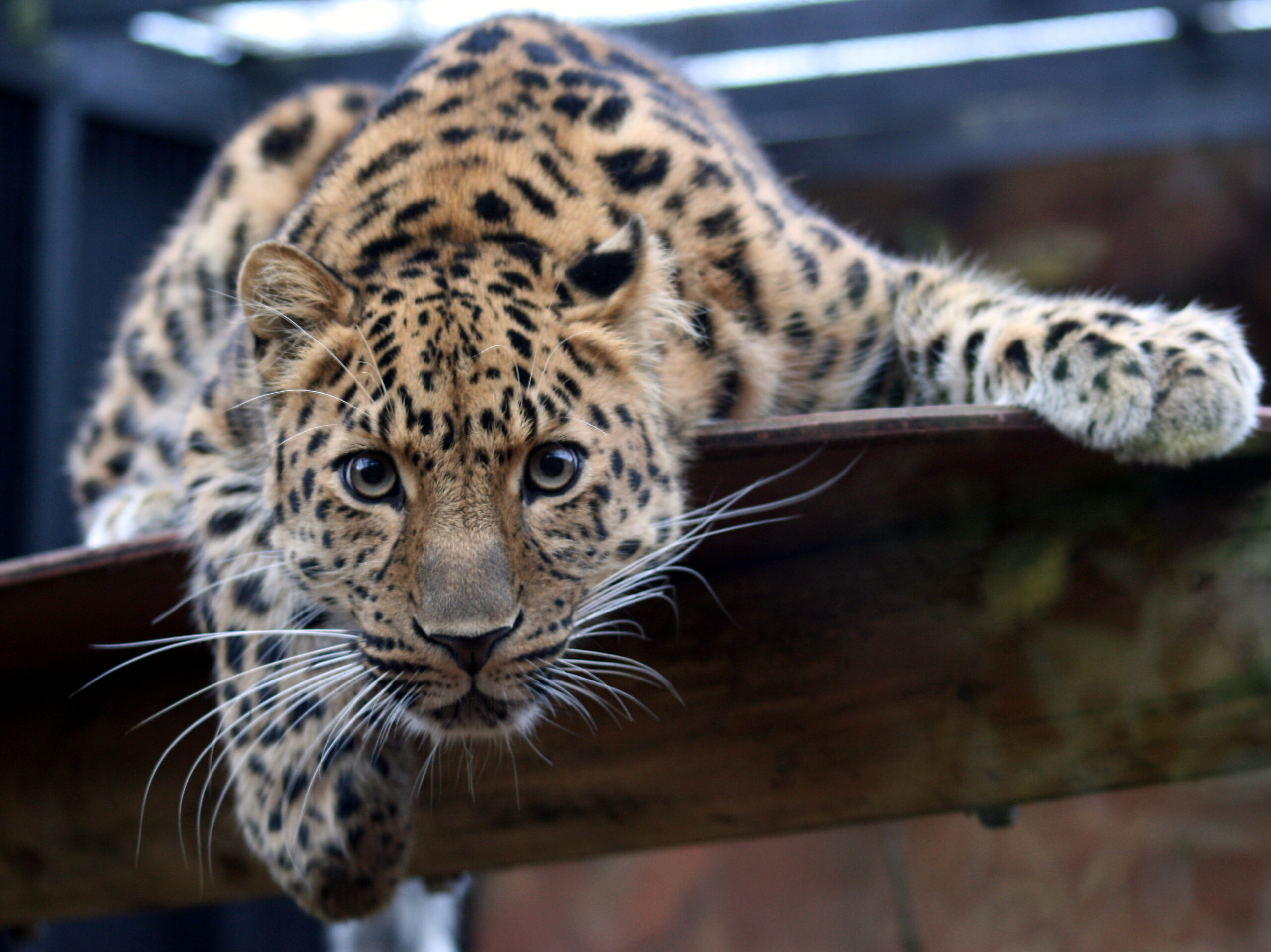Fishing methods are often the cause of species extinction, especially when a net is being used. Overfishing is done by a fisherman in pursuit of finding a catch during the breeding season. When more fish are caught, it affects the overall natural reproduction system of fishes. This depletes the population of fish and can lead to the extinction of species. Other fishing methods, such as trawling, can destroy natural habitats, leading to the extinction of species that rely on those habitats to survive. Bycatch, the unintentional capture of other species in fishing nets, also kills millions of animals and can lead to the extinction of species.
Modern fishing methods, such as longlines, gillnets, and trawls, can also cause the depletion of fish populations and the extinction of species. These methods are often used to target specific species and can lead to overfishing. Longlines, for example, can be miles long and can catch many species, including threatened and endangered species.
Vaquita species on the brink of extinction
The Vaquita (Phocoena sinus) is the smallest of all living cetaceans and are critically endangered due to fishing methods such as gillnetting, which is a type of fishing that uses a long, curtain-like net with a small mesh size to trap fish. Vaquita is often caught accidentally in gillnets intended for other species, leading to their population decline. Other fishing methods, such as trawling, are also having an impact on the population of the vaquita. These methods involve dragging a large net along the ocean floor, which can damage the vaquita’s habitat and disrupt its food sources.
Why is the Use of Gillnets Discouraged by Experts?
The use of gillnets is discouraged by experts because they are a non-selective fishing method that can capture and kill many non-target species, including threatened or endangered species. They can also cause extensive damage to marine habitats, such as coral reefs, and can lead to the depletion of fish stocks.
Talking about Vaquita in specific, they get captured in gillnets because they are small, shy porpoise that is easily trapped in the fine meshes of gillnets. They inhabit shallow, coastal waters in the Gulf of California and can easily become entangled in these nets that are used for fishing by commercial fisheries. The vaquita’s small size and secretive behavior make them vulnerable to accidental capture and entanglement in these fishing nets, in fact there are only ten left remaining.
conclusion
When talking about controlled and protective fishing, we must support and motivate government regulatory authorities towards further expanding and patrolling illegal use of gillnets which are extremely dangerous for the Vaquita which inhabits the sea of Cortez in the Gulf of California We are asking for mercy on these defenseless species we as humans should understand that their survival depends on us!
Let Mexico know you support the vaquita!
Mexico needs to intensify its enforcement efforts. Send a message to the Mexican President, commend him for his efforts to save the vaquita and encourage the Mexican government to keep up its efforts to remove gillnets from the vaquita habitat forever and to step up enforcement and patrolling before the vaquita Becomes and extinct species.
Send your letters to:
Presidente Andrés Manuel López Obrador
Residencia oficial de Los Pinos, Molino del Rey s/n,
Col. San Miguel Chapultepec, Distrito Federal. C.P. 11850
Help us send a message to the Mexican government and the president-elect that this is the time to act before it is too late, and the Vaquita Porpoise becomes extinct.!











